 Subtract: The Untapped Science of Less
Subtract: The Untapped Science of Less
Leidy Klotz
In Subtract, University of Virginia professor and researcher Leidy Klotz explores why our minds tend to add rather than take away in problem-solving—whether it’s building cities or LEGO models. He then introduces us to people in all walks of life who open our eyes to how, exactly, less is often more.
Rare note: We are hosting a Rare Conversation with Leidy on July 15. Click here to register for free.
 How to Change: The Science of Getting from Where You Are to Where You Want to Be
How to Change: The Science of Getting from Where You Are to Where You Want to Be
Katy Milkman
If you’ve ever tried to eat healthier, spend less money or change other personal habits, you’ve probably found that change is hard. But why? In How to Change, Katy Milkman, a professor and researcher at the Wharton School of Business, helps readers identify barriers that stand in the way of personal behavior change and design strategies to overcome them.
Rare Note: Katy is a featured speaker at our BE.Hive summit in September. See the full lineup and register here.
 Under the Sky We Make
Under the Sky We Make
Kimberly Nicholas
Solving the climate crisis will undoubtedly take major systems change by governments and corporations. But individuals also have a meaningful role to play and the actions we take—or don’t take—can have a significant impact. In Under the Sky We Make, climate scientist Kimberly Nicholas dives into the shift each of us must make to help tackle climate change—and why it can be done.
Rare Note: Our Make It Personal program is designed to help Americans take the seven actions with the greatest potential for climate impact. Learn more here.
 The Social Instinct: How Cooperation Shaped the World
The Social Instinct: How Cooperation Shaped the World
Nichola Raihani
Cooperative dilemmas are common in conservation, and cooperative behavior is key to solving them. In The Social Instinct, Nichola Raihani, a professor at University College London, examines how cooperative behavior in species like birds, insects, and fish informs how cooperation among people to solve problems evolved.
Rare Note: Erik Thulin, Behavioral Science Lead with the Center for Behavior & the Environment at Rare, delivered a TEDx talk on the theory of cooperative behavior adoption. Watch it here.
 Gonna Trouble the Water
Gonna Trouble the Water
Miguel De La Torre
Water is life, but it’s often weaponized against indigenous, impoverished, and non-white communities. In Gonna Trouble the Water, Miguel A. De La Torre, an activist and professor at the Iliff School of Theology, recounts this history and collects various perspectives to reflect on the intersection of environmentalism and racism.
Rare Note: This year’s Solution Search contest is awarding a $10,000 Environmental Justice Prize to the best entry that achieves progress on environmental justice and addresses water pollution’s disproportionate impact on communities of color, indigenous groups, and marginalized communities.
 #EatMeatLess
#EatMeatLess
Jane Goodall Institute
This cookbook, inspired by noted global activist Dr. Jane Goodall, packages 80 recipes that show just how easy and delicious it is to reduce our impact on nature, climate, and the planet.
Rare Note: Did you know that eating less meat is one of the most impactful things you, as an individual, can do to reduce carbon emissions that drive climate change? Learn more.
 All We Can Save: Truth, Courage, and Solutions for the Climate Crisis
All We Can Save: Truth, Courage, and Solutions for the Climate Crisis
Ayana Elizabeth Johnson & Katharine K. Wilkinson
In All We Can Save, the dynamic duo of Ayana Elizabeth Johnson and Katharine Wilkinson tackle a despair-inducing issue—climate change—and show why you should be hopeful. They share the stories of dozens of women at the forefront of the climate movement and articulate how elevating more women—particularly women of color—to leadership positions is a critical step on the path to solving climate change.
Rare Note: Ayana Elizabeth Johnson was among the first winners of our Solution Search contest. Katharine Wilkinson participated in our BE.Hive: Climate Change Needs Behavior Change event.
 The Waste-Free World: How the Circular Economy Will Take Less, Make More, and Save the Planet
The Waste-Free World: How the Circular Economy Will Take Less, Make More, and Save the Planet
Ron Gonen
“If you want to inhabit a sustainable planet, Ron Gonen is your guide. Ron launched a successful recycling firm while in business school. He helped New York City learn to compost. And now he’s building a whole ecosystem to help advance the circular economy. Want to do your part? You can start by reading this book.” – Brett Jenks, President & CEO of Rare
Rare Note: Ron is a former member of Rare’s Board of Trustees.
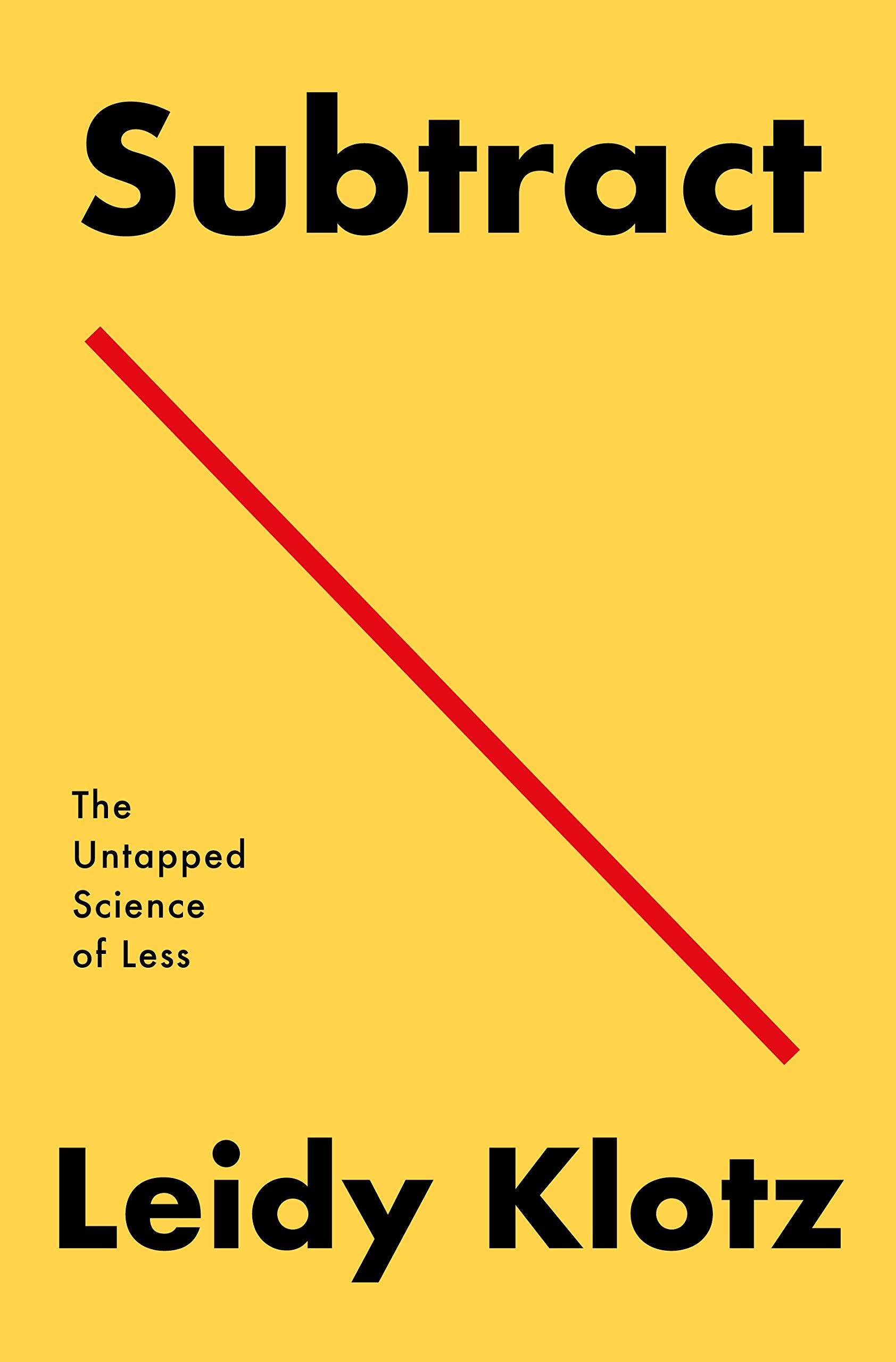 Subtract: The Untapped Science of Less
Subtract: The Untapped Science of Less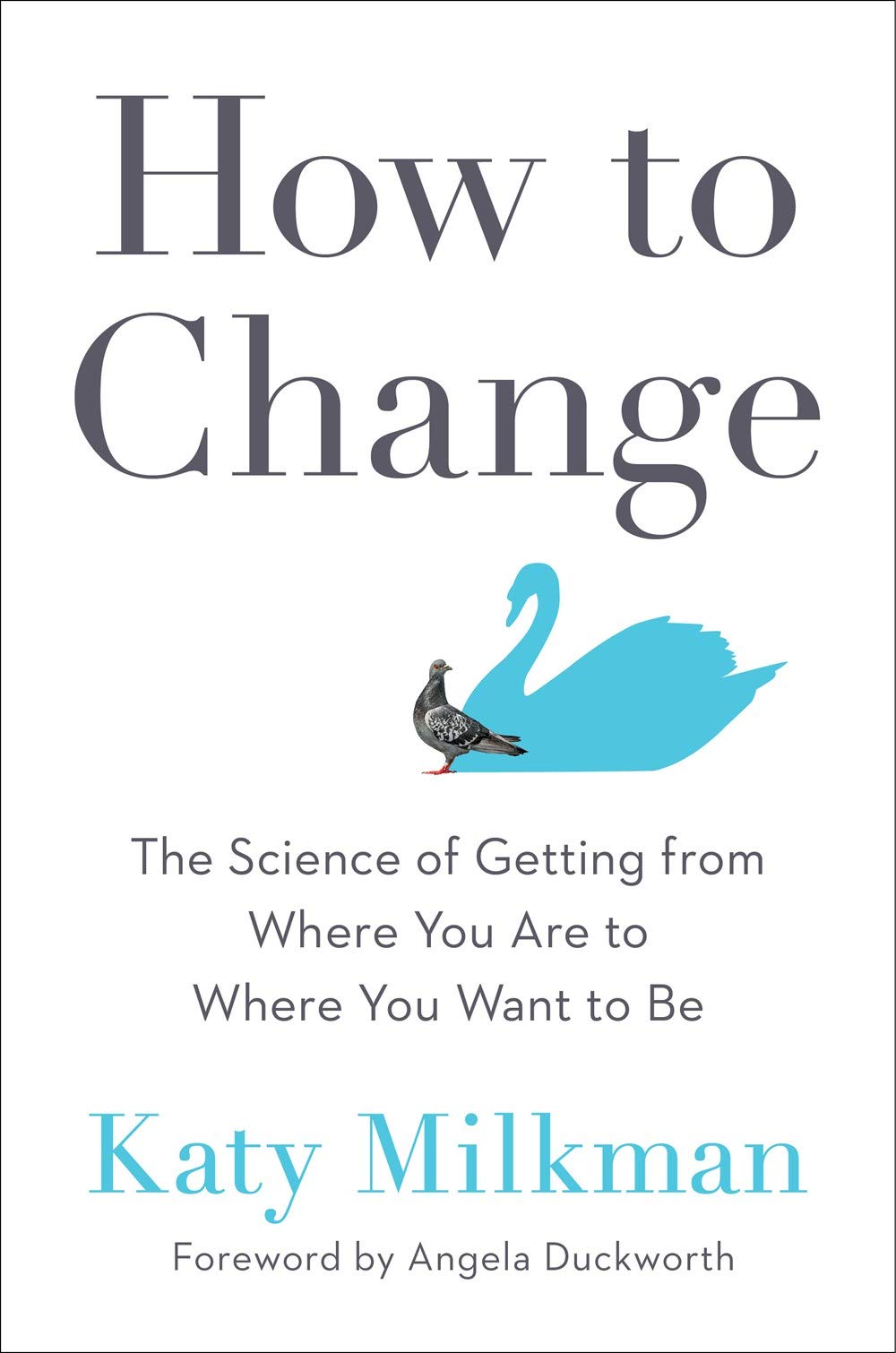 How to Change: The Science of Getting from Where You Are to Where You Want to Be
How to Change: The Science of Getting from Where You Are to Where You Want to Be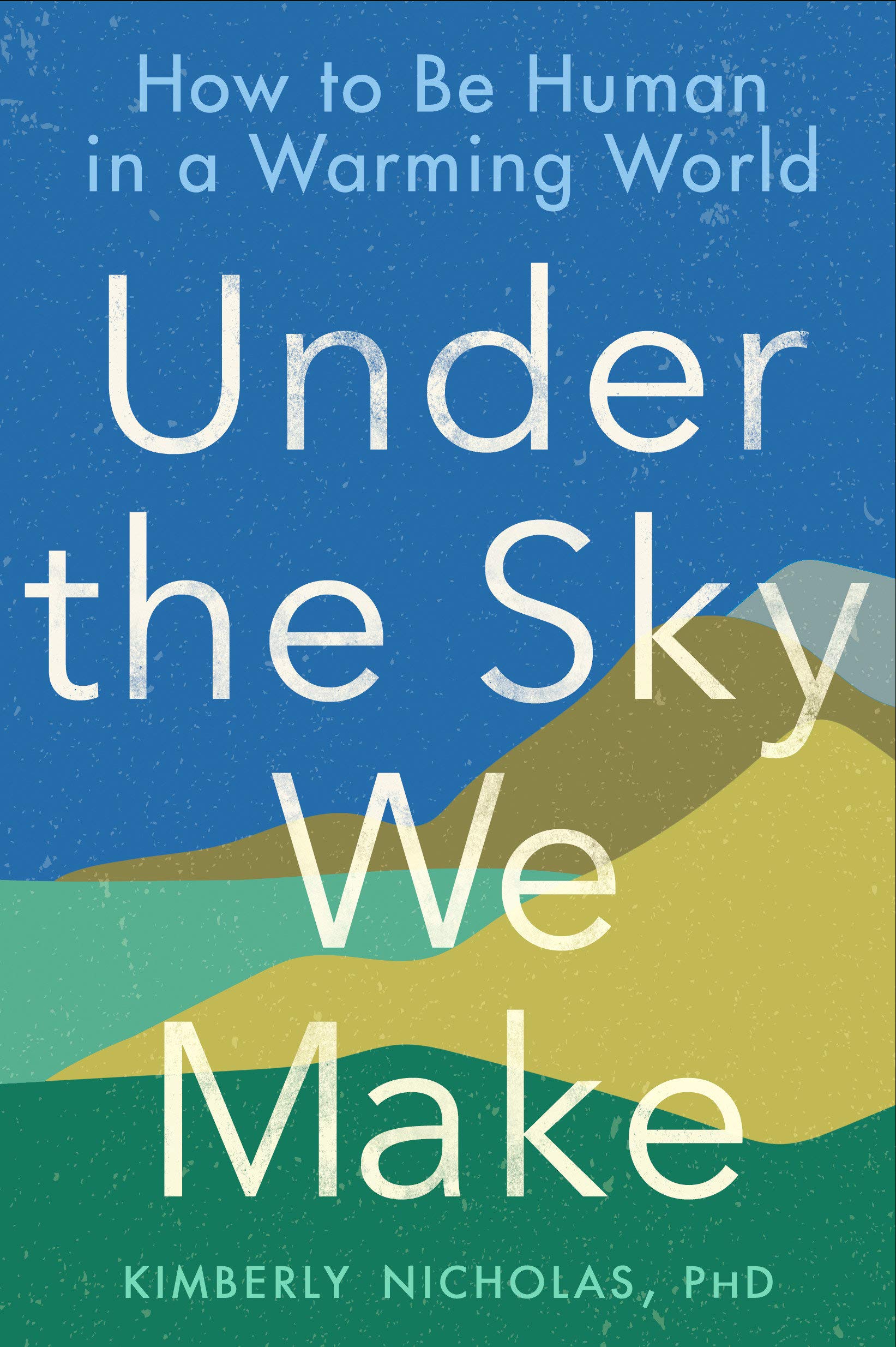 Under the Sky We Make
Under the Sky We Make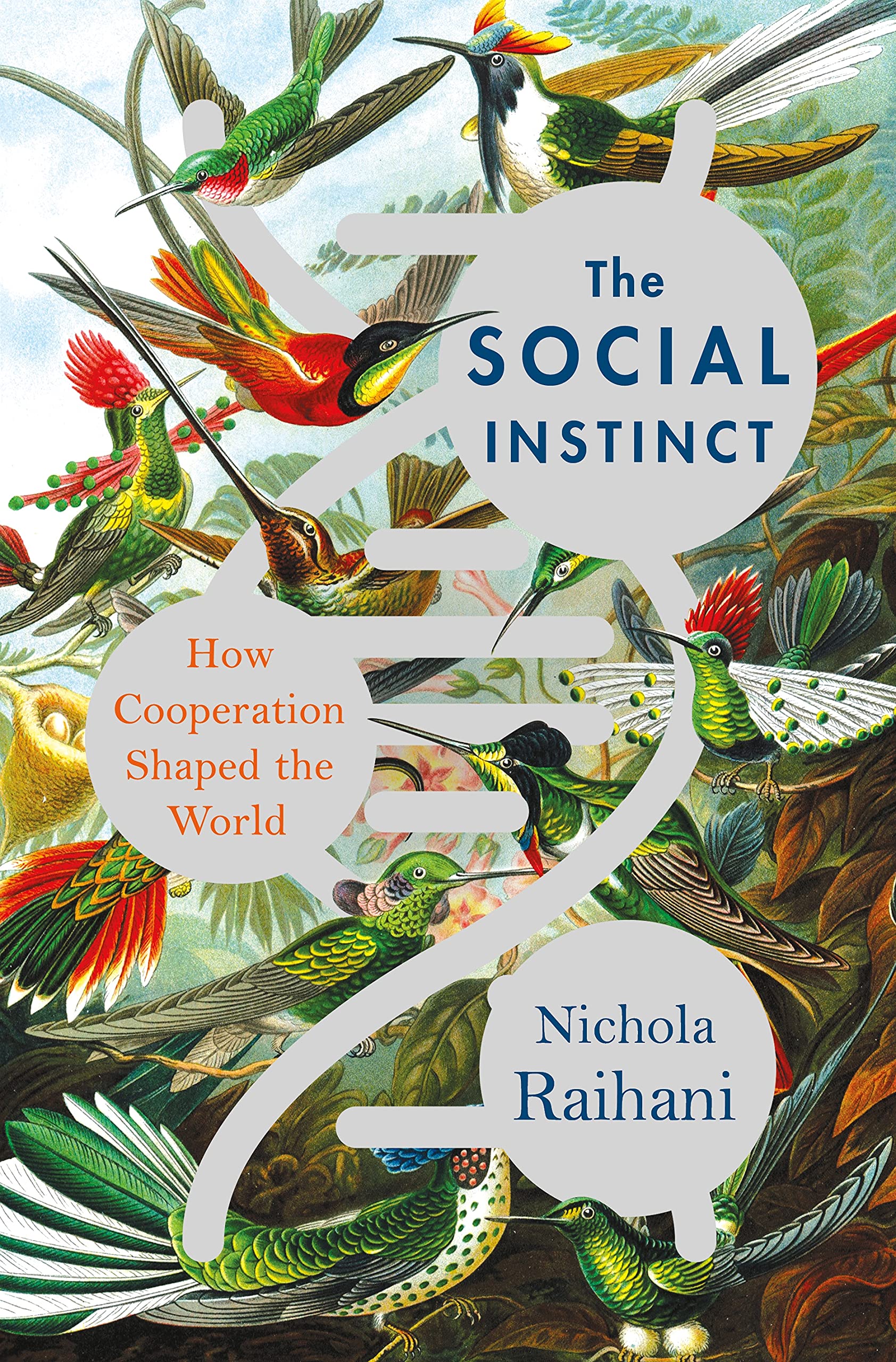 The Social Instinct: How Cooperation Shaped the World
The Social Instinct: How Cooperation Shaped the World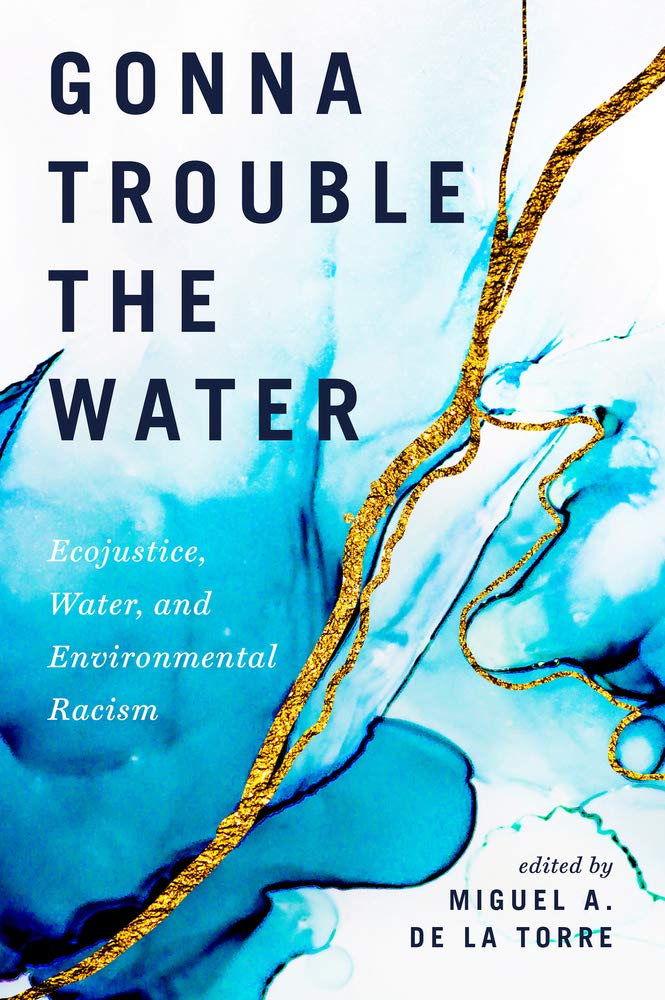 Gonna Trouble the Water
Gonna Trouble the Water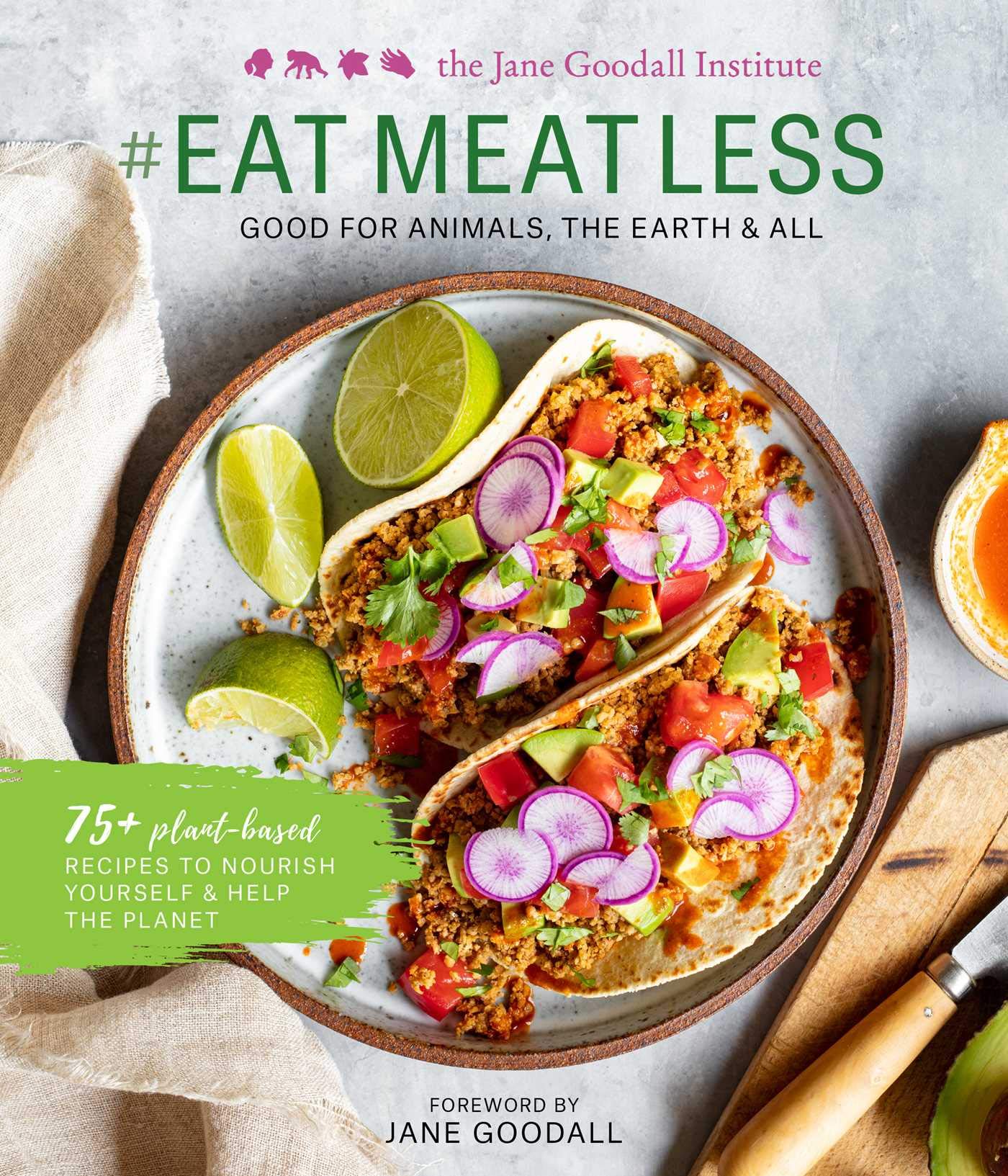 #EatMeatLess
#EatMeatLess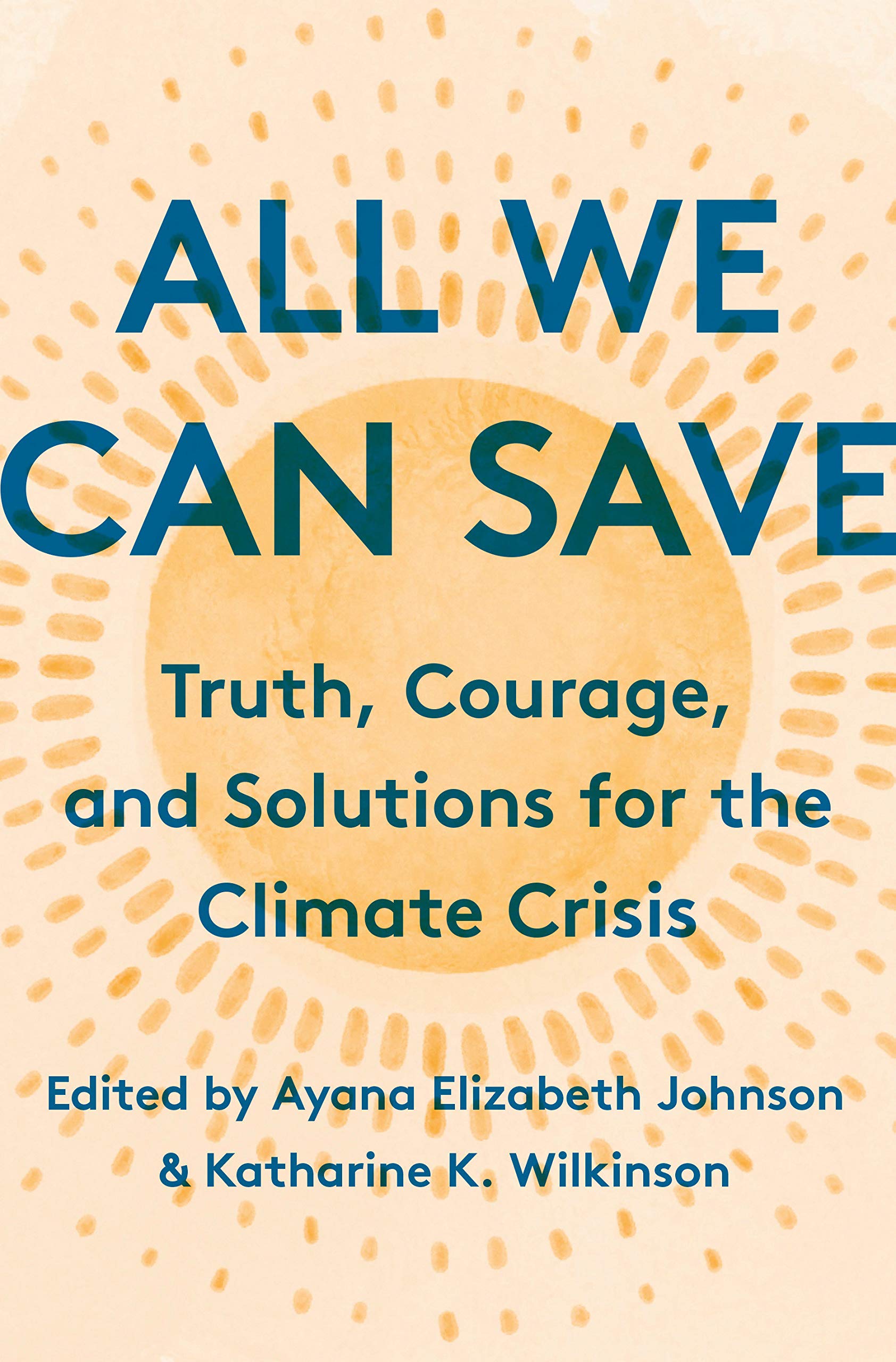 All We Can Save: Truth, Courage, and Solutions for the Climate Crisis
All We Can Save: Truth, Courage, and Solutions for the Climate Crisis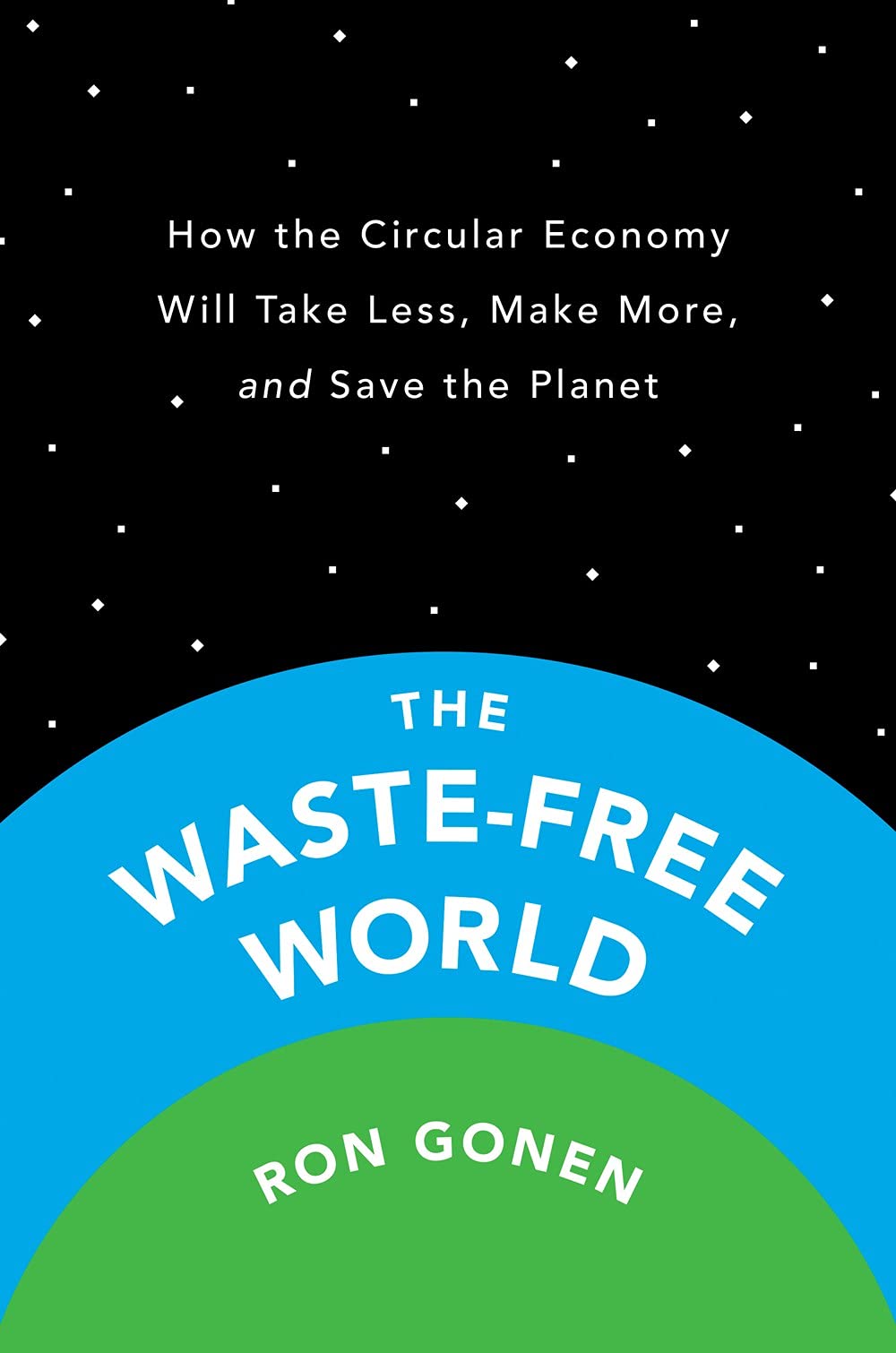 The Waste-Free World: How the Circular Economy Will Take Less, Make More, and Save the Planet
The Waste-Free World: How the Circular Economy Will Take Less, Make More, and Save the Planet